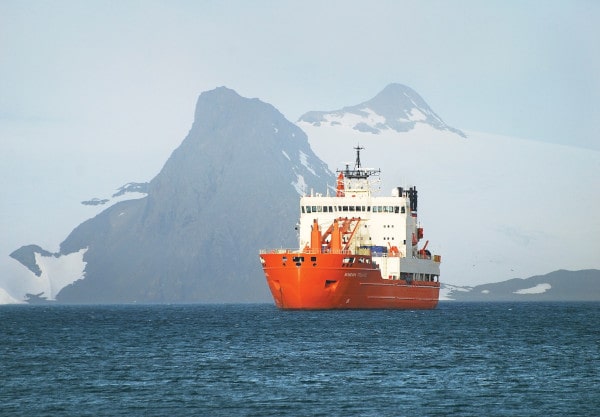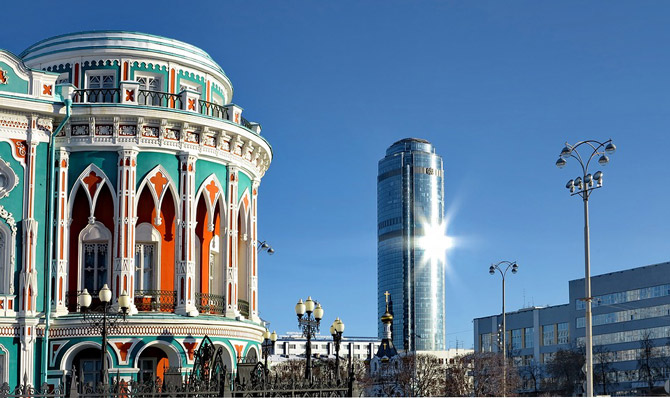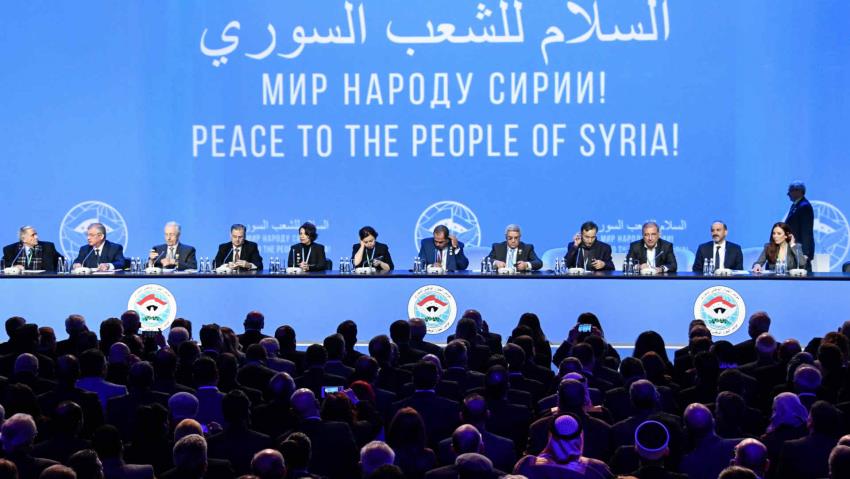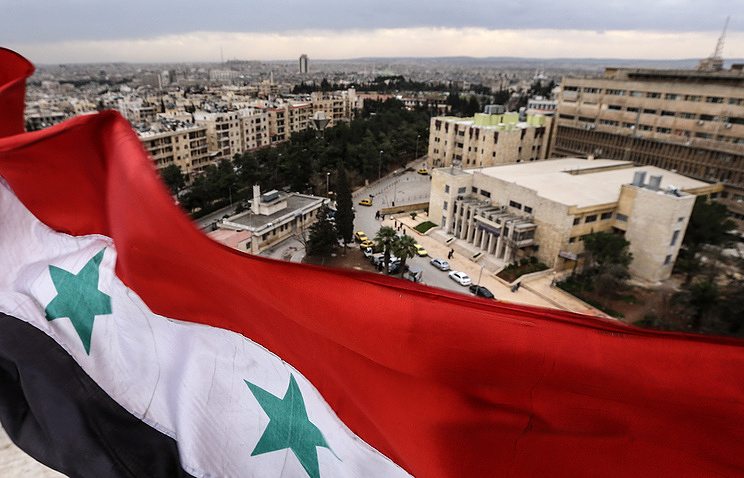St. Petersburg International Economic Forum is about to take off in less than two weeks.

The Forum will host more than 120 events, including two plenary sessions, panel sessions, round tables, business breakfasts and TV debates, the Roskongress Foundation, the organizing committee of the forum, reports.
“According to the official website of SPIEF – 2019 there is a business program with speakers and moderators of discussions. The forum will take place on June 6–8, 2019. The main theme is “Forming grounds for sustainable development,” the message says. The program consists of four thematic blocks: “The World Economy in Search of Balance”, “The Russian Economy: Realizing the Goals of National Development”, “Technologies Approaching the Future”, “People are the top priority”.
“The business program of SPIEF-2019 is attended by representatives of the government, public organizations, and leaders of the business community. This year we will talk a lot about economic development and strengthening multilateral mutually beneficial cooperation between countries, including the role of Russia in the international arena, ”said Anton Kobyakov, Adviser to the President of the Russian Federation, Executive Secretary of the SPIEF Organizing Committee.






